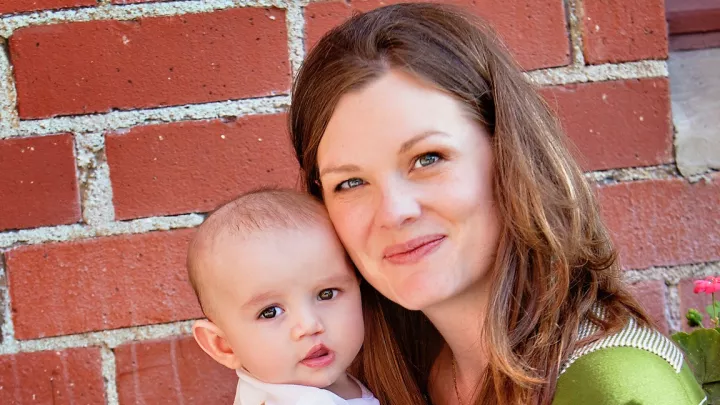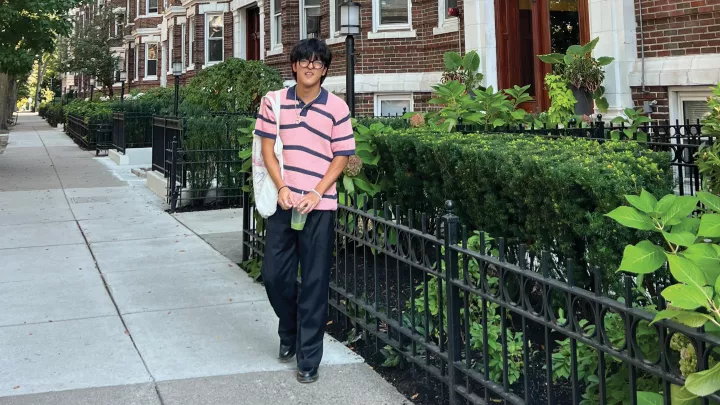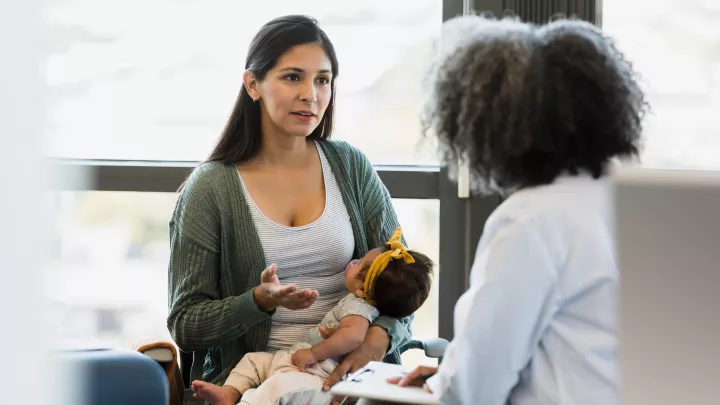International Adoptions of Children With Cleft Lip and Palate
Families in the United States who wish to adopt a child are increasingly seeking to adopt children from countries in Asia and the former Soviet Union. Children most readily available for adoption my have past or current health problems, including cleft lip and palate.
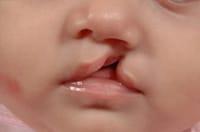
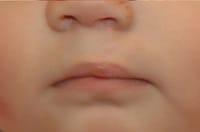
During the adoption process, many families find that the child they are considering has a diagnosis that may be difficult to treat with good results in the child's country of origin, but may be routinely treated with exceptional results at an academic medical center with a wide array of specialists, such as Children's Hospital Los Angeles.
This is especially true in the Division of Plastic and Maxillofacial Surgery, which routinely provides care for children with cleft lip and palate who have been internationally adopted.
Questions Families May Want to Ask Regarding a Prospective Adoption
- What does the child’s health history include?
- What is the child’s surgical history?
- Has the child had any genetic testing? If so, what are the results?
- How is the child doing developmentally?
- How is the child’s growth (height, weight and head circumference)?
- Are there photos/videos available of this child from different times?
Planning Ahead for Cleft Lip and Palate Surgery
If you are adopting a child with cleft lip and cleft palate, we recommend consulting with our Division of Plastic and Maxillofacial Surgery during the adoption process, as it is never too early to begin planning your child's health care in preparation for arrival in the United States.
Request the Child's Medical Records
At some point during the adoption process, a physical exam will be performed to determine the health status of the adoptive child. This may not be a comprehensive exam and thus, it will be important for the child to receive a thorough physical assessment by a pediatrician upon arrival in the United States. If possible, obtain records of the biological parents’ health history and child’s health history for review by the prospective health care team.
A pediatrician will be essential in assessing and managing infectious diseases, nutritional issues and developmental delays, as well as making a referral to the needed specialists. Children with cleft lip and palate require the attention of a Craniofacial Team.
When to Delay Treatment
Often, health organizations in the home country of the child will volunteer to provide initial operations or procedures as a first step. When possible, it is important to be thoroughly informed about what procedures will be performed prior to the completion of the adoption.
In some cases, an adoption agency may try to arrange for the repair of a cleft lip or palate to assist or expedite the adoption process prior to the finalization of an adoption.
If an adoptive parent is aware of the child’s diagnosis, it is often in the child's best interest to avoid surgeries until returning to the United States, where more specialized care is available. We recommend consulting with a pediatric specialist prior to the child undergoing any surgical procedures in their country of origin.
Division Capabilities
Division of Plastic and Maxillofacial Surgery at Children's Hospital Los Angeles routinely achieves superb outcomes for children with cleft lip and cleft palate, even in complex cases.
When a child has a more complex diagnosis, receiving care within an academic medical center such as ours ensures that your child can receive multidisciplinary care all in one visit, streamlining care for the child and making care more convenient for families.
Language Capabilities
Our staff is familiar with the special needs of families adopting internationally. We are able to provide translators and intepreters in any language needed to place you and your child at ease during your visits.
If you are adopting a child with cleft lip and palate, we recommend consulting with our Division of Plastic and Maxillofacial Surgery during the adoption process, as it is never too early to begin planning your child's health care upon coming home.
Early Consultation
If you are in an international adoption process for a child with cleft lip or palate, please submit a photo and any medical records to Mark Urata at murata@chla.usc.edu.
